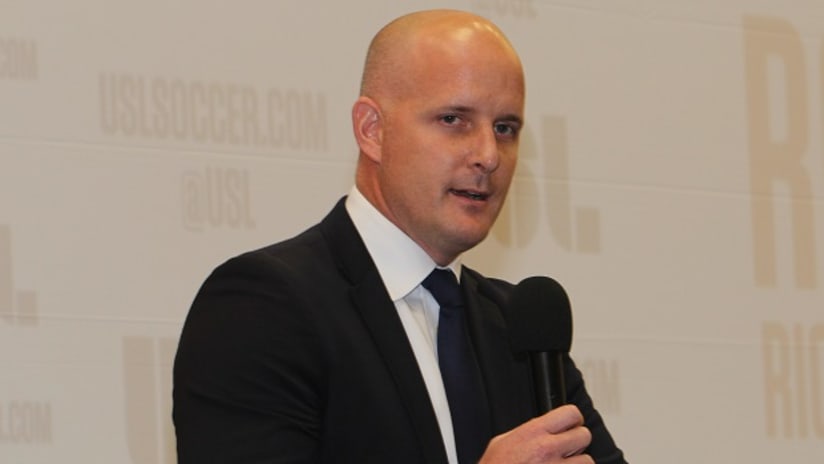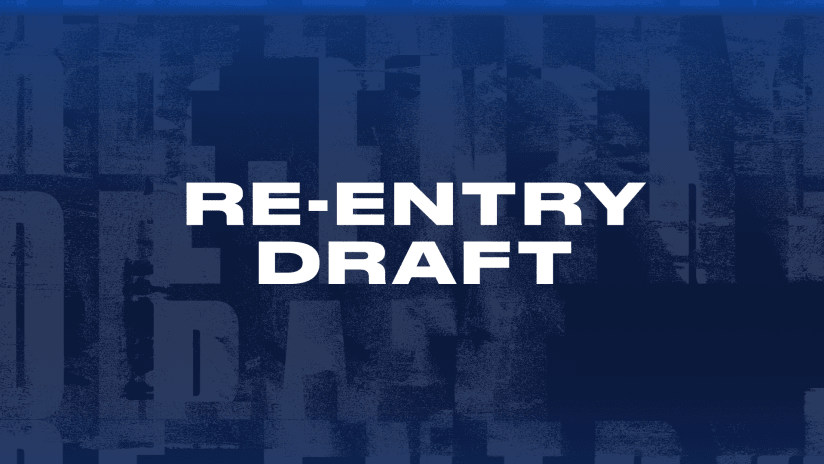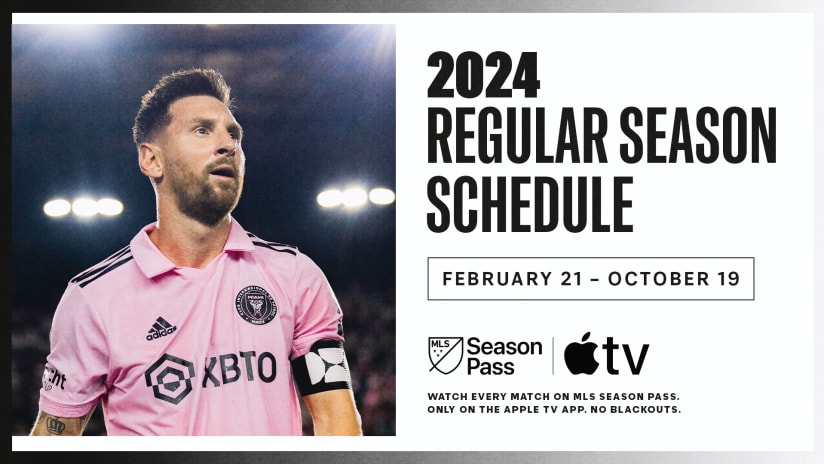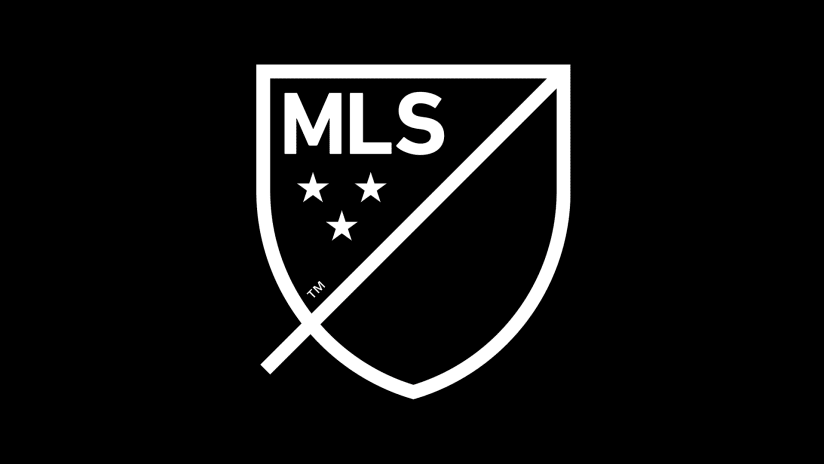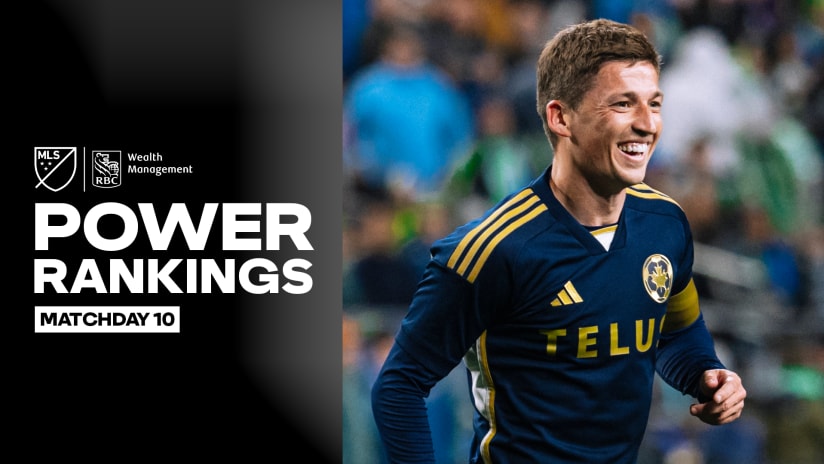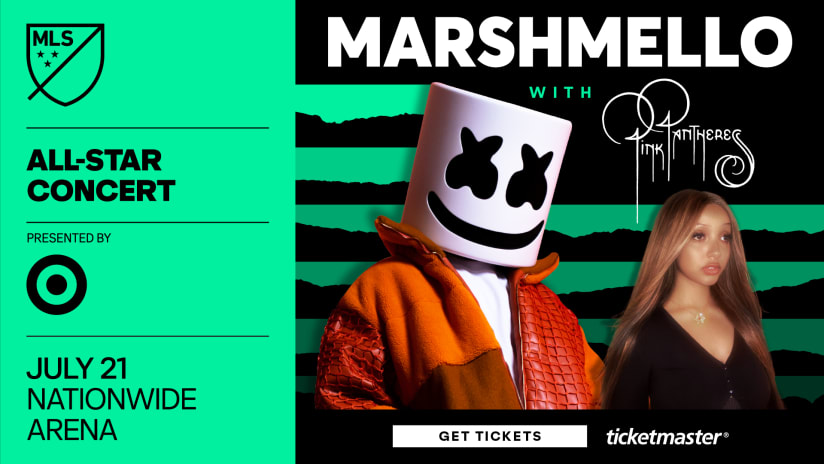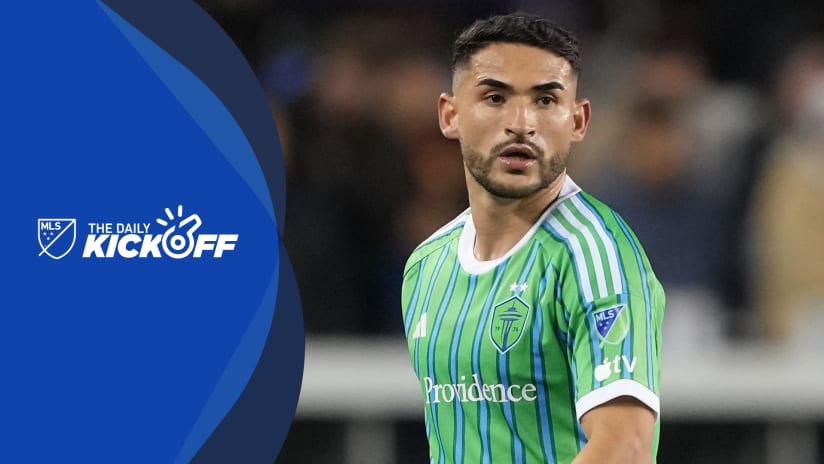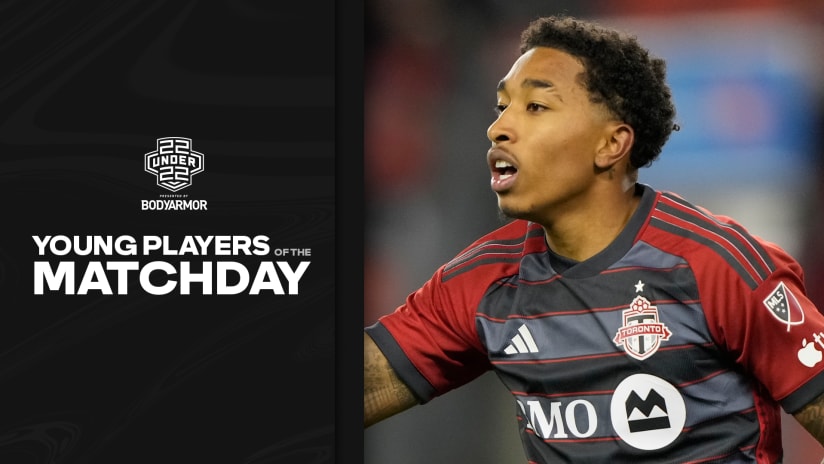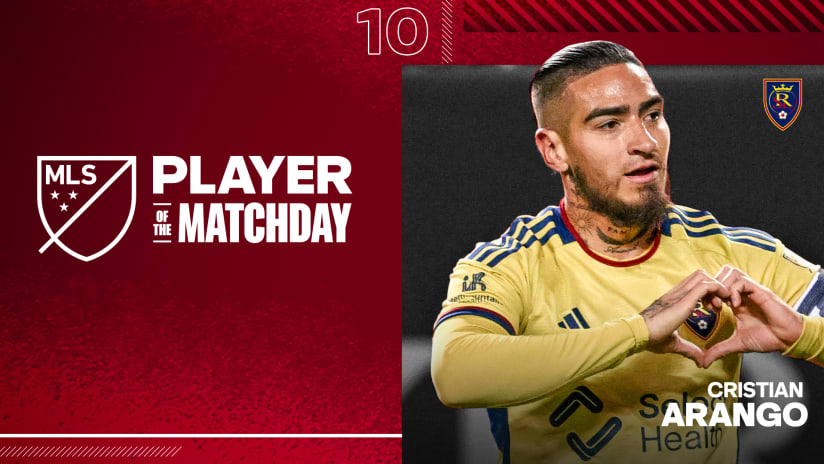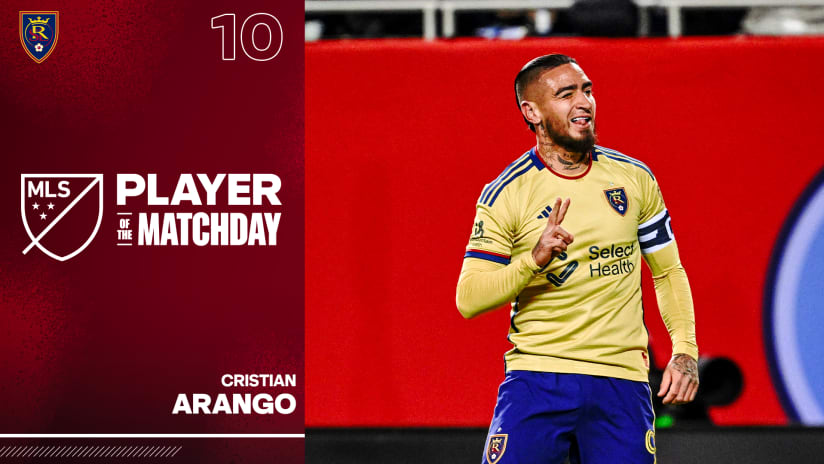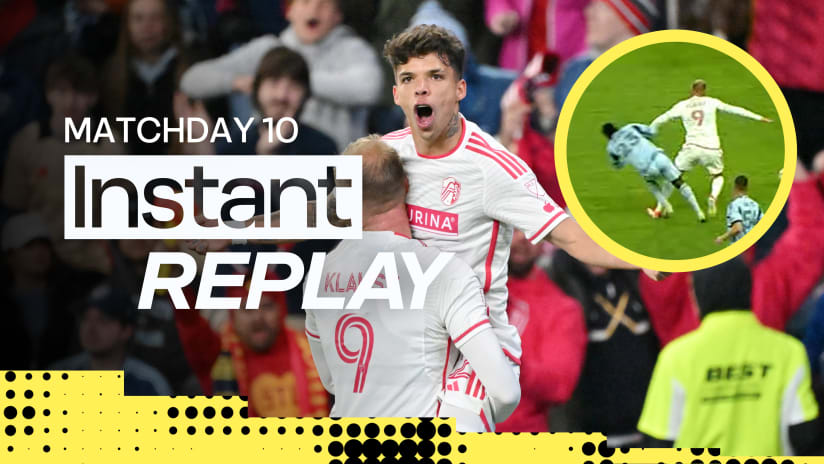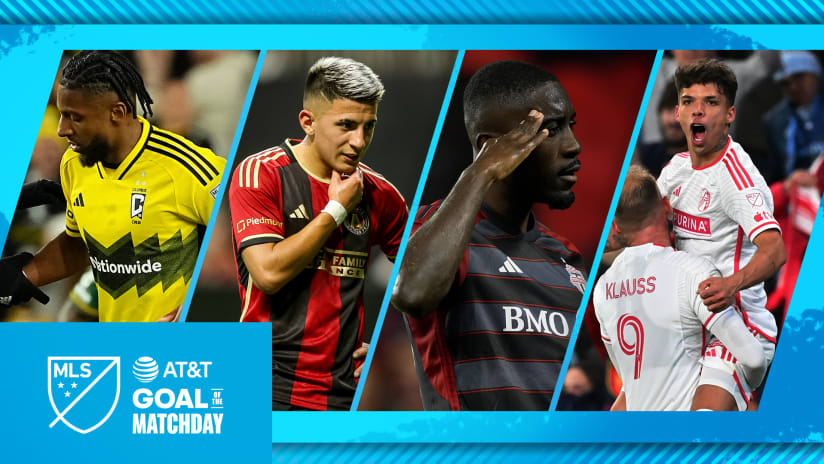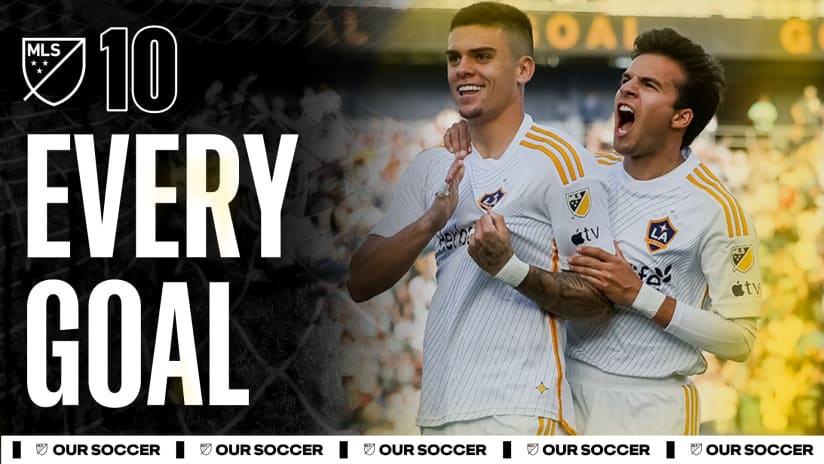Want to hear from some of the notable names around the league? MLSsoccer.com contributing editor Alicia Rodriguez spends 10 minutes talking to some of the big names in North American soccer.
Jake Edwards is the president of the United Soccer League. A former player who has experienced quite a bit of American soccer history already, Edwards' new position with the USL comes as the league is in the third year of a partnership with Major League Soccer. With the homestretch of the 2015 USL season approaching, Edwards discussed his background, the evolving nature of the MLS-USL partnership, and expansion for the league in 2016.
RODRIGUEZ: To start, I’m wondering if you can tell us a little bit about yourself. What’s your soccer background, and how did you get to become USL president?
EDWARDS: I’ve been here with the USL now for about 2 1/2 years. I’ve been president of the USL since March of this year. I took over for Tim Holt when he departed.
Prior to that, I was living in London, back in the UK where I’m originally from, working for a company called Octagon. Octagon is a US-based sports sponsorship consultancy, one of the top global sports consultancies. I was working in their London office for a couple of years. I had a professional playing career in the UK for about 12 years. I played in the Football League in the UK and I had one season playing over here, actually, in the USL back in 2002 with Charleston Battery. So I got familiar with the league from my time playing over here 13 years ago.
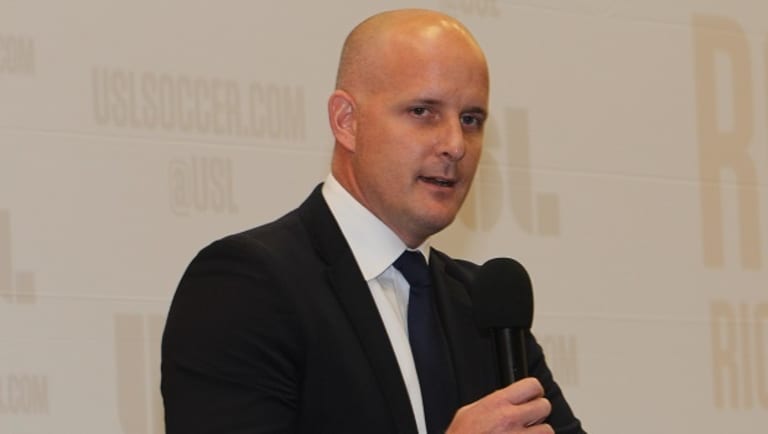
I had gone to university and played over here, a school called James Madison University from ’94 to ’98 ... I had actually moved to the United States in the late ‘80s, early ‘90s, went to high school in New Jersey. Our family relocated, my dad at the time was working for a commercial airline business, so we relocated to New Jersey. I played with a lot of football clubs in those days: Union Lancers in Union, N.J, a very famous club, and played at Kearny, Kearny Scots, where a couple of good players have come out of that area. John Harkes used to play there; he just joined our league as coach of Cincinnati.
Back in the early ‘90s, that was a great place to be, in New Jersey, New York. A lot of players that went on to national team programs, a good hotbed of soccer at that time. We had the World Cup in ’94. I worked with the World Cup host committee at that point, too.
I went back to school, did my MBA at Warwick Business School. And that led me to Octagon. I got to see a bit of the bigger picture, in terms of what they did with the World Cup and the Olympic games, the Champions League, some of the big sponsorship activation they did with those properties.
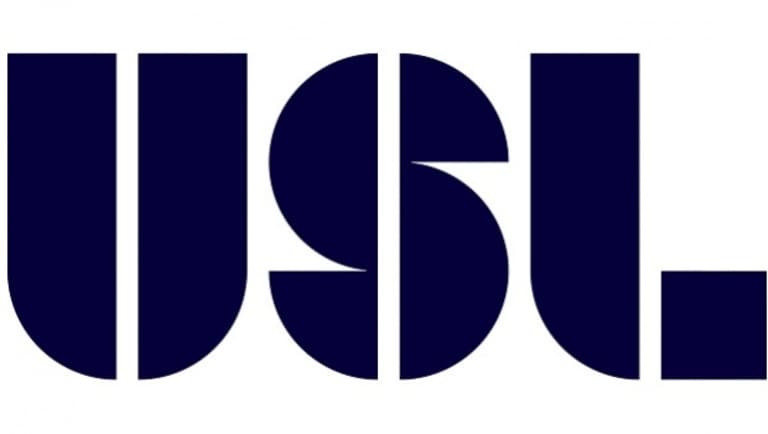
I was very excited about where the [USL] was going, they were just about to start the partnership with MLS, so they were looking to bring someone on who could work on that partnership, work on some of the strategic projects with the league and that was something I was looking to do. It was a good fit, the timing was good, it’s a good bunch of folks here.
RODRIGUEZ: You’re most of the way through year one of a real reboot for USL: your first year as president, a rebrand, and an influx of teams in the league. How is the season going from your perspective? On the field, off the field, is performance meeting your expectations on a league level?
EDWARDS: I certainly believe the standard of play on the field gets better every year. And that’s backed up by the clubs. When I speak to clubs, certainly Sacramento, who won the league in their first year, are having a hard time now, because it gets better every year and a lot of the teams are echoing that sentiment.
We’ve got some very good players in our league. A lot of the good players that are playing in the league have played in MLS. We’ve got 55 full senior international players representing 38 different countries playing in the league at the moment. We’ve got a whole host of players that are playing regularly at the Under-23, Under-19 national team level. There’s a lot of good talent, a lot of young, really good players there, both players that have had good careers as professionals, seasoned professionals, and there’s a lot of exciting young talent around the league as well. I would say the future stars of the MLS, the future stars of the national teams, you can see as well in our league.
We’ve put a lot of emphasis on the quality of coaches that we’re able to attract and bring into our league. Great announcement [last week] with John Harkes coming on board. There’s some very experienced coaches in the league and that’s a huge role in the ability to attract and recruit the right players and put a good product on the field ... The games are exciting, there’s lots of goals. It’s a different experience on a matchday for people that go to USL games versus an MLS game, a little more intimate but no less exciting.
How’s it going off the field? Very well. The attendance numbers are certainly up for all of the clubs from last year. Season tickets, large group tickets, revenues from sales are pretty much up across the board for the clubs. The clubs are benefitting and seeing real growth and seeing a real uplift in revenues from the growth and popularity of the sport, certainly from all the hard work they’re doing locally in their markets. This year we’ll be set for just over a million people to have gone through the turnstiles to each of our clubs to see the games live. We’ll consider a higher number than that that have watched all the games on the live streams. So those numbers are going up exponentially every year, not just because we’re adding more teams, the volume is going up.
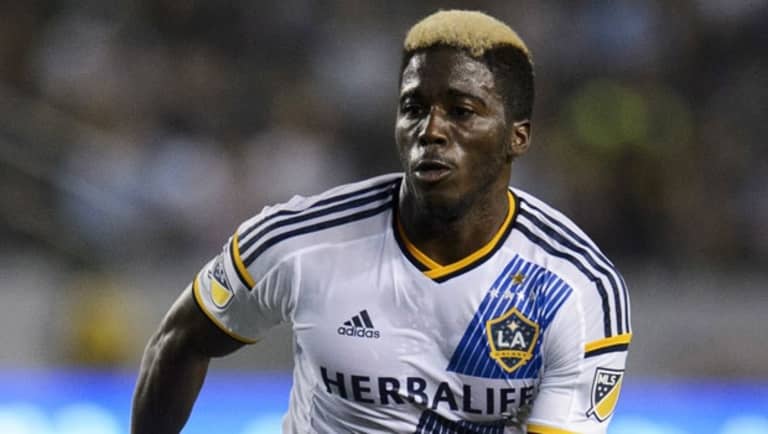
RODRIGUEZ
: This year, the number of MLS-owned USL teams went from one to eight. From the USL side of the partnership with MLS, do you see the development of MLS players really bearing fruit already?
EDWARDS: Yeah, we track all of that to the minute, really, in terms of the time those players are getting, both at USL clubs and back at MLS clubs. We do track the movement of players. A lot of those players are able to go back into their MLS teams, their first teams and having an impact.
LA Galaxy certainly led the way with this initiative and in Year Two are really seeing some huge benefits from that. So they’ve got three, four, five guys that have played for large parts of the season, have got large minutes in the USL and are now regulars in the first team. Players like [Gyasi] Zardes are regulars on the national team as well, now. And those players would have been overlooked or would just not have had the opportunity to compete at a really high level when they weren’t with the first team, and would have missed out, would have fallen back. Now you’ve got guys that are in the first team, that are full international players that have been able to make it there because of their time competing in the USL, however long that might be.
The other MLS teams that are progressive are looking at this as a real opportunity to get their players playing in the highest level of competition they can. That’s why the seven teams joined this league last year, ahead of the 2015 season, to do the same thing. And they are seeing results at different degrees, but from the meetings and the conversations we’ve had with those clubs and with MLS, they can't speak highly enough of the experience they’re having and the players they’re having and the quality of the games they’re playing in and the competition they’re facing.
After three years into it, two years on the field, it’s been a very successful partnership. It is organic, it’s growing, it’s changing. It wasn’t set in stone forever, Day One. We are looking into ways to expand the relationship, looking at other options. So I think it will look slightly differently in the next year or two.
RODRIGUEZ: Given the differences in mission between MLS-owned teams, which are pretty explicitly reserve sides, and the independent USL teams, from a league perspective do you think of their respective objectives in different terms?
EDWARDS: It’s an important point worth getting out there: MLS-owned and operated teams in the USL are, in our minds, exactly the same. They’re treated exactly the same as independent USL clubs, they’re part of the same rules and regulations of the league. They have to meet all of the same standards that all the teams have to. There are some areas where there is consideration because it is a slightly different situation, of course, than an independent club, and there are different roster issues and things to deal with. But we treat them exactly the same as our independent clubs.
- Check out the latest USL news on USLsoccer.com
We work closely with the "MLS 2" clubs to make sure they are able to achieve success in both [the business and technical development] areas. It’s very important to us that is the case. They are achieving differing levels of success in those two areas between the clubs. So we want to make sure that all of those MLS teams that join our league – yes, they have to meet the standards as everyone else – that they’re able to build a successful business as well around the USL team. Some of those teams are looking to build stadiums now, some of them are looking to satellite markets where they can build a new fanbase, engage a new fanbase and create a new identity, a new brand for their second team.
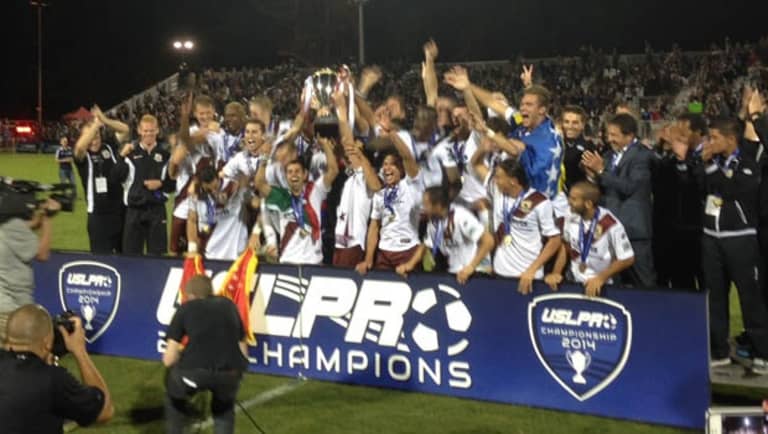
It’s very important those players not only get to play against independent clubs that have 5,000, 8,000 [or] 10,000 people in the stands and get to play in pressurized environments when they’re on the road, they have to do that when they’re at home, too. That’s equally part of the mental development of those players. The MLS teams get that. Now, some of them will be coming into their second year; these are first-year clubs. An independent club just has to worry about the independent club – the MLS team has to worry about two clubs now. What we see now, as they start to mature into their second season, they’re really able to understand how to generate good revenue here and how to build value around this USL franchise and how to create that new identity, how to build the right staff, a bit of focus just on that second team. I’m pleased to see a lot of them are starting to do that now, really get into the business side of it.
RODRIGUEZ: In addition to the partnership with MLS, this year a number of USL players have been called up to national teams for various tournaments on the youth and senior levels, including the Gold Cup. Is that something you’re looking at encouraging, bringing youth and senior internationals from smaller CONCACAF countries and giving them a professional environment, or is it more of a happy accident?
EDWARDS: I think as you continue to invest in clubs and the teams and the coaching staff, you start to raise the level of competition and that attracts better players, and as the clubs are more and more successful off the field they’re able to attract better players all the time. It’s not for us about populating the league with certain national team players of certain levels from certain countries, it’s just about being laser-focused on being the highest level of competition below MLS. We want to have the best competition out there outside of MLS and we work hard to do that on a number of fronts. And I think it’s a testament to the work that the clubs are doing, that they’re able to start to attract quality players from all over the United States, Canada and abroad – CONCACAF countries as well, that want to play in this league, start a career and have a career in this league and, as all players should, aspire to play at the highest level.
We’re thrilled we have a lot of these players who are representing their countries at all levels playing in our league. The vast majority of players, about 85 percent, are domestic players in our league. It’s very important to us that we’re playing a key role in development of the game in this country. The partnership with MLS, that’s what it was all about, and helping to identify and bring through those future players for the national team and so if the country is going to become one of the top soccer countries in the world, which we absolutely believe it will, it needs that robust professional division beneath the MLS and that’s what we are aiming to be. And through the number of clubs we have and the reach that we have, we’re able to support the federation initiative. We can make a big difference in finding and bringing those players through.
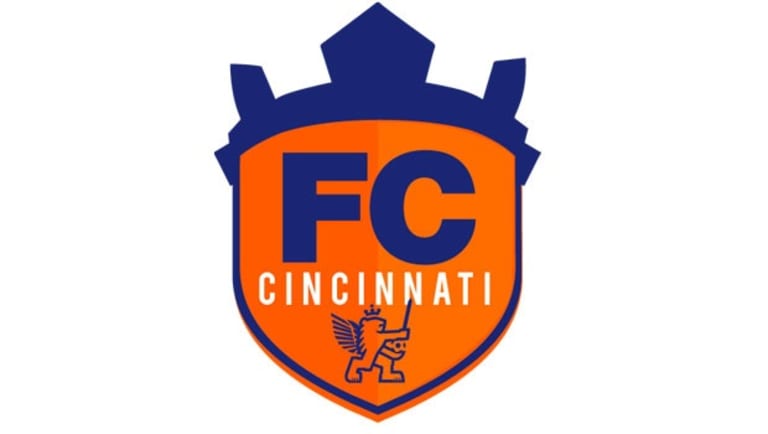
So no, [targeting internationals from abroad is] not the driving force, but it’s kind of a byproduct that we’re able to attract those kind of quality players. We’re very pleased about that.
RODRIGUEZ: Obviously one of the hottest topics with the USL is expansion. You just announced a team, FC Cincinnati, this week to go along with Rio Grande Valley FC. In another interview, you said the expansion slate for next year is set, it’s just a matter of making the announcements. Is there anything you can tell us about the total number of teams entering or provide a timetable on upcoming announcements for next year?
EDWARDS: It’s an exciting time. Certainly there are lots of fantastic markets that are coming into the USL over the next year or two, and more beyond that. You are correct, we had an expansion window that closed in our media meetings in Denver at the [MLS] All-Star Game, and all those new clubs for next season were there, introduced to our teams.
We have announced two of those clubs, and there are a couple more to be announced over the next month or so. I won’t give you the exact figure, but we’ll be very close to 30 teams.

